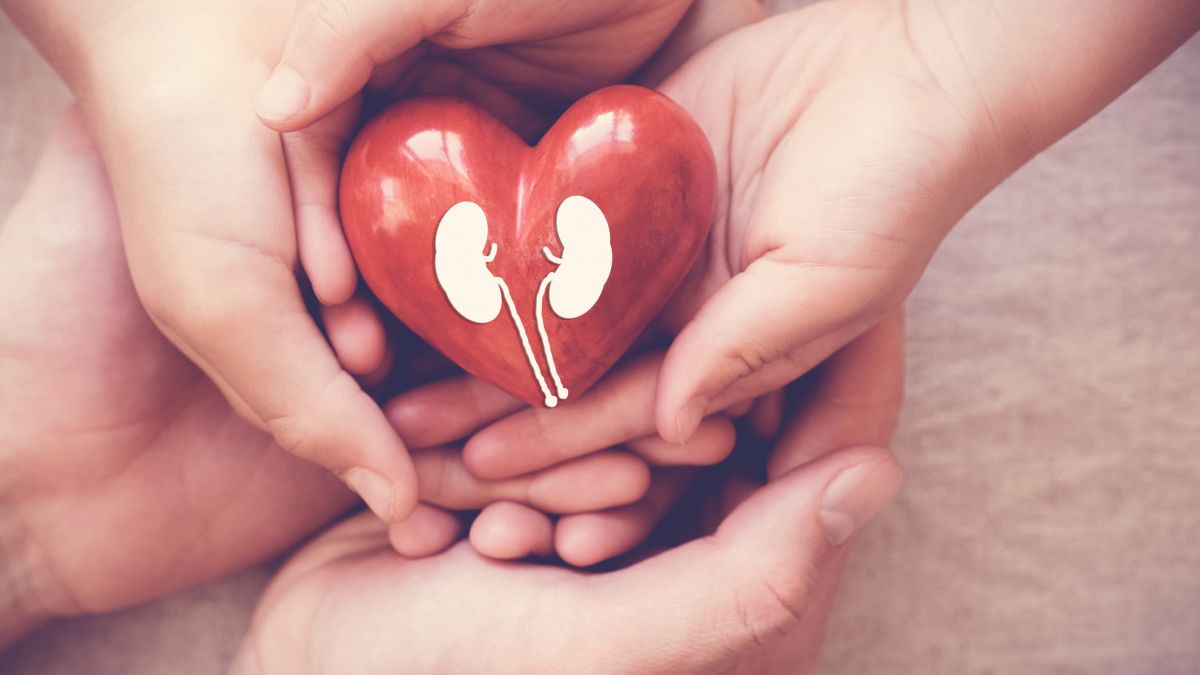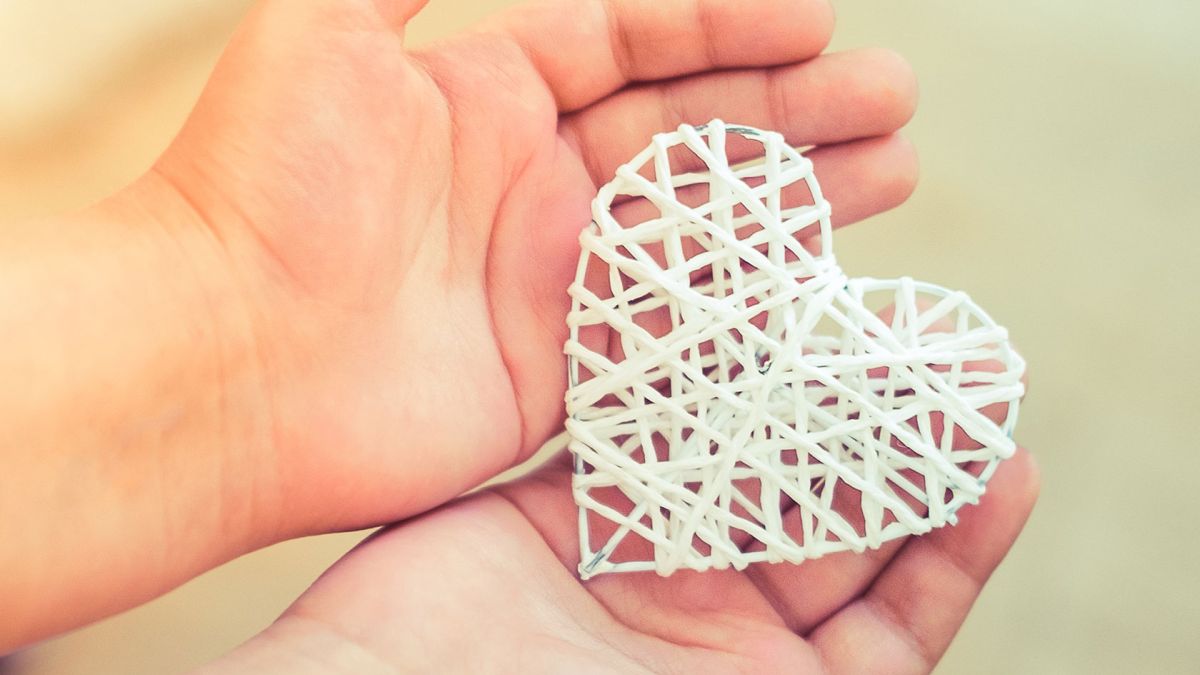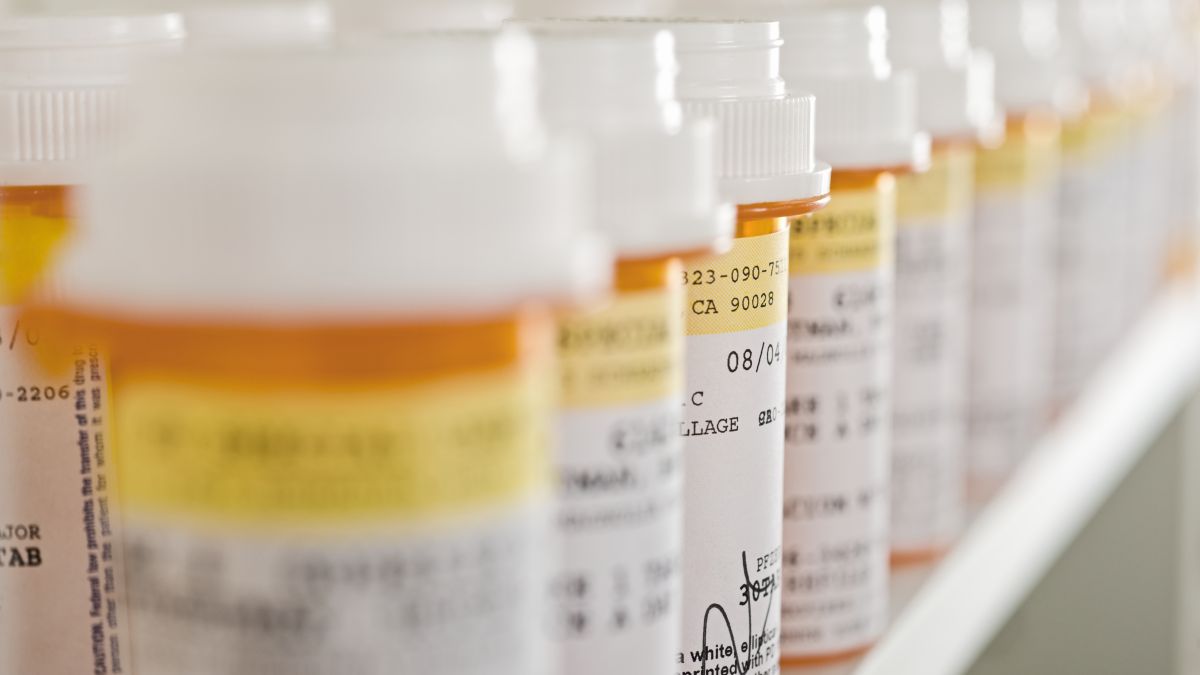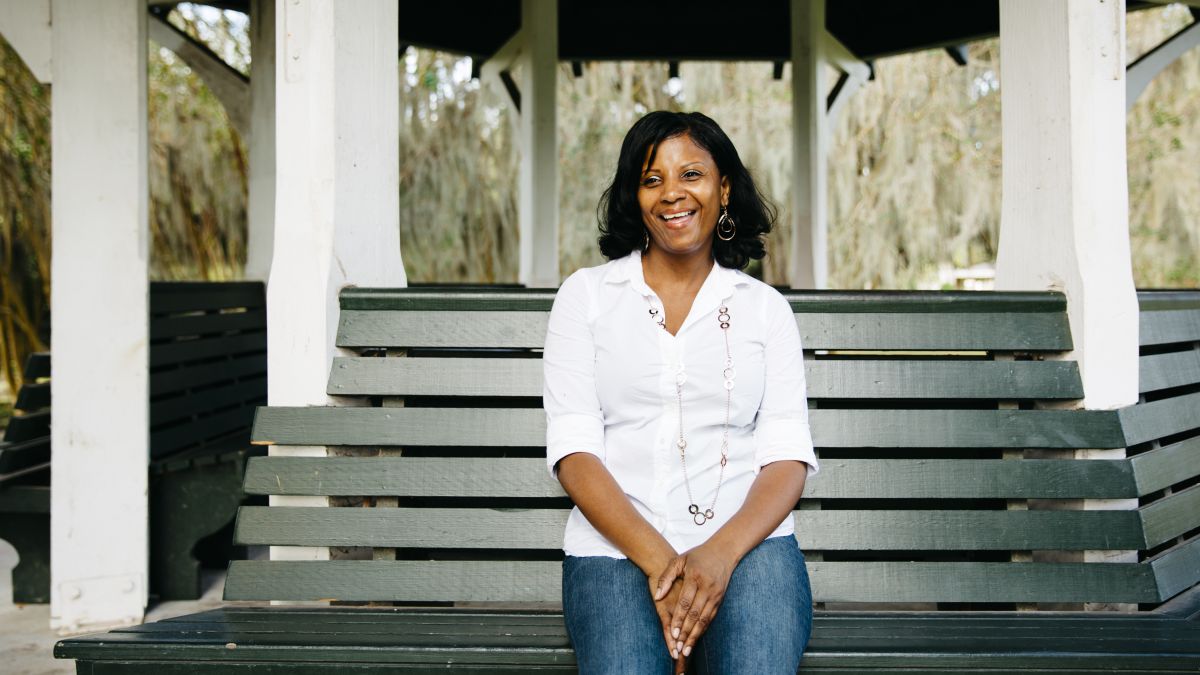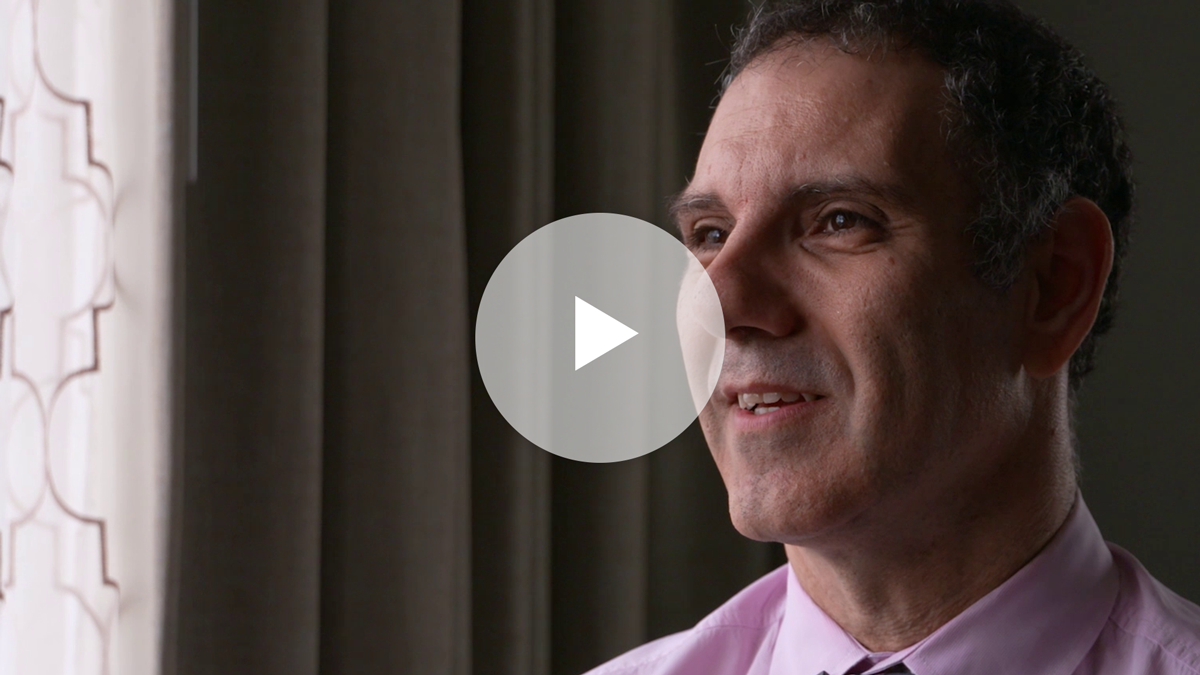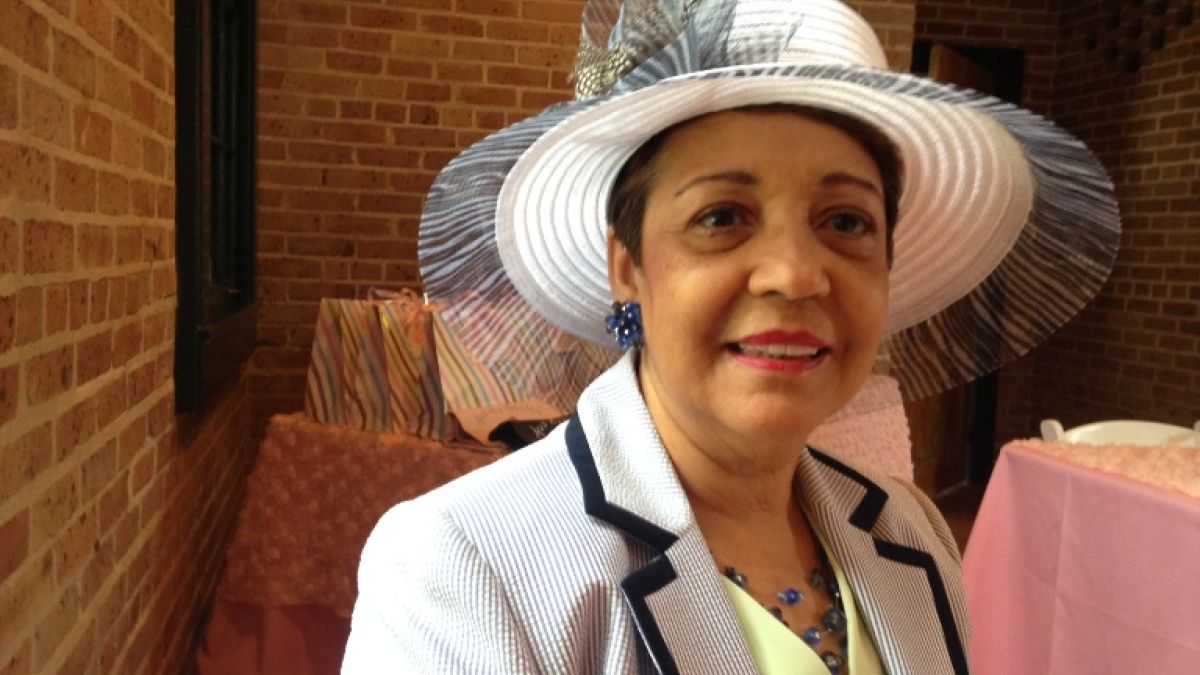The Ochsner Health Living Donor Kidney Program
Patients who need a kidney transplant have two options to get a kidney: They can get on the transplant waiting list and potentially spend months waiting for a kidney from someone who dies, or they can get a transplant from a living donor. Most people are born with two kidneys — and the body can function with only one — so receiving a kidney either from someone you know, or a total stranger can significantly reduce the time it takes to get a transplant.
At Ochsner, about 30% of kidney transplant patients receive organs from living donors.
To start the process of becoming a living kidney donor, complete our questionnaire here: Living Kidney Donor Questionnaire or email our program: KidneyLivingDonor@ochsner.org.





